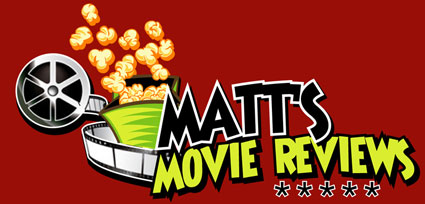Arrival is an all-encompassing achievement that transcends genre with its emotional, visual and philosophical riches, declaring director Dennis Villenueve as one of the great filmmakers of his time while doing so.
It is interesting how often alien-invasion movies have much to say about the troubled times we live in. Where The Day the Earth Stood Still warned of a path to nuclear destruction, and The Invasion of the Body Snatchers chilled with its representation of the paranoid late 70s, Arrival takes an emotionally and intellectually epic approach to the most simplistic of human traits: communication.
As a result it speaks of a world that even though theoretically closer through globalisation and social media, has never felt more divided. Based on a short story by Ted Chiang that was adapted by Eric Heisserer (whose credits include the remakes of The Thing and A Nightmare on Elm Street), Arrival also marks another masterclass from French Canadian filmmaker Denis Villenueve, who with every film impresses with his deft touch on tone, character, performance, and especially theme. If Sicario put Villenueve on the mainstream map, Arrival is sure to place him in the stratosphere.
The movie begins with the stock in trade sequence of alien visitors landing their egg-shaped UFOs in numerous locations around the world. Amidst the mad scramble of doomsday looting and worldwide political chest beating, linguist professor Louise Banks (Amy Adams) is tapped by the U.S. military to help establish a line of communication with the extra-terrestrials to find out just what their intentions are, which she does alongside physicist Ian Donnelly (Jeremy Renner), under the supervision of Colonel Weber (Forest Whitaker) and the prying eyes of CIA Agent Halpern (Michael Stuhlbarg.)
The plot reads simplistic enough, yet the stakes and the quality of filmmaking in Arrival is sky high. Each close encounter between Louise and the shadowy alien creatures comes with much tension (aided enormously by Johann Johannson’s moody, emotionally rich score) and inquisitive intelligence, with many moments of tangible dread made even more tense through Villenueve’s perfect puppeteering of our all too human curiosity for the unknown, as we gaze upon this interaction between human and extra-terrestrial that - although played out an innumerable amount of times in sci-fi cinema- has never quite hit the same emotional, spirited and intellectual pay-dirt that it does here.
Arrival speaks to our tenacious need to know just who we are and why we are here. In that search we look to the stars, we pray to the heavens, we seek answers within ourselves and the environment around us. Yet our best skill – to communicate clearly and concisely – has led us in conflict rather than cohesion. There is a reason why we don’t speak about politics and religion at the dinner table, because fear and judgement is always a possibility.
Arrival also encourages to look towards the future, to use lessons learned and intelligence earned as a roadmap to a better tomorrow. Messages from the sky provide the motivation, but the tools are within us all. |
